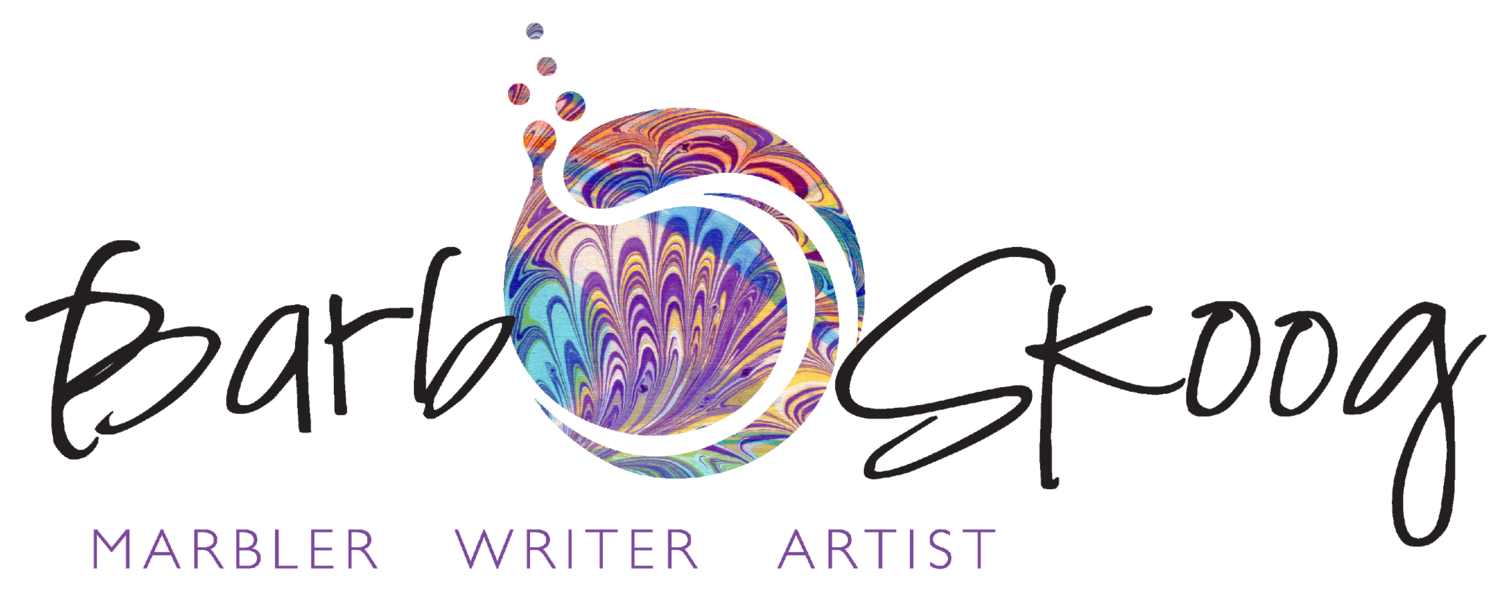 First off, let me say this: you do not have to be vegan to do veganic gardening. Veganic gardening is for those who want truly organic fruits and vegetables grown in a sustainable manner. Of course, it helps if you have a working understanding of what vegan is—no animal or animal byproducts. Oh, look! You now have a working understanding of what vegan is! Now we’re all on the same page.
First off, let me say this: you do not have to be vegan to do veganic gardening. Veganic gardening is for those who want truly organic fruits and vegetables grown in a sustainable manner. Of course, it helps if you have a working understanding of what vegan is—no animal or animal byproducts. Oh, look! You now have a working understanding of what vegan is! Now we’re all on the same page.
I started to pay close attention to how my food was grown when I found out that mushrooms, one of my favorite ingredients (much to the horror of my mother who despises them), are grown in shit. Usually horse shit. And nothing much else. Well, that just grossed me out. (There is actually a multitude of things you can grow mushrooms in, such as sawdust and straw and coffee grounds, but large commercial entities tend to lean toward poop.)
Have you seen a mushroom before? If so, then you know how close to the ground they grow. On nothing but their stem. And with all those gills and rounded caps with tight little edges that are perfect for hiding things in. Like the shit they grow in.
And then I realized, hey…why am I getting my undies in a bunch over mushrooms when ALL my organic veggies are fertilized with shit? And hey…wait a second! If I’m paying higher prices for “organic food,” why are we feeding fertilizer (a.k.a cow shit) to said organic food that has come from factory farms that may or may not use organic feed but definitely use hormones, antibiotics, and chemicals? That would be like paying for purified water and then storing it in a bleach bottle.
WHO’S THE FOOL NOW?!
That’s when I discovered the practice of veganic agriculture. Like organic farming, veganic doesn’t use any pesticides, chemical fertilizers, or GMOs. But that’s where the similarities end. Veganic takes it to the next level and doesn’t use any manure, blood meal, bone meal, feather meal, fish meal, fish emulsion, and shrimp compost…things commonly used not only on commercial farms (and organic food comes from commercial farms!) but also in consumer gardening products like the potting soil and flower food you get at your local hardware store. Yeah, BLOOD MEAL is in your potting soil! Think about that the next time you go to test the soil for moisture by jamming your pointy finger into it. I’m just sayin’.
So why are these things bad? Well, think about. Pesticides and hormones can accumulate in an animal’s body just like it does in ours. Even diseases like mad cow disease can be spread through bone meal. And studies have shown that plants actually absorb antibiotics, causing great concern about antibiotic resistance. So if the food you are feeding your plants has this stuff in it, you might as well serve up a side of Roundup with that steamed broccoli of yours. It’s practically the same thing if that broccoli wasn’t grown using veganic practices.
And there’s one more important component to veganic agriculture that I find very appealing: as much as possible, veganic growers make their fertilizer (more on what fertilizers are used in another post) using what is directly available to them on the land in which they are planting. In other words, the goal is to replenish the biodiversity of the very land being used. If you’re extracting something from the soil, you are robbing it of vital nutrients. If you don’t replace that, then the soil dies...and that’s when you have to truck in fertilizer from an outside resource, thereby robbing whatever land that fertilizer came from from its natural nutrients. See the problem here? Not very sustainable, is it? So by using fertilizer from the land that you are going to be taking from, you are creating a long-term, bountiful cycle of healthy, living soil. Now doesn’t THAT sound like something you want your broccoli to come from?
And that’s why I’m doing veganic gardening. It’s more organic. It’s more sustainable. It’s more low impact. It’s more compassionate. It’s more safe for all involved.
‘Nuf said.


